Switzerland regrets US move to quit human rights body

The Swiss government has reacted with disappointment to the United States’ decision to withdraw from the United Nations Human Rights Council, defending the Geneva-based forum’s “key role” and “tangible impact”.
“Switzerland regrets the decision of the United States to withdraw from the Human Rights CouncilExternal link, which it sees as a core body in the promotion and protection of human rights as a whole,” the Swiss foreign ministry said in a statement on WednesdayExternal link.
The Swiss ministry said it remained committed to the 47-member forum, which has a “tangible impact on the ground, in particular by deploying fact-finding missions and commissions of inquiry into situations of concern”.
After much speculation, the US confirmed on Tuesday that it was pulling out of the Geneva-based Human Rights Council, calling it “hypocritical and self-serving” with chronic bias against Israel and lacking reform.
“Switzerland is convinced that the active engagement of the United States in the work of the Council has a positive impact on human rights throughout the world. It nonetheless respects their sovereign decision and will continue to cooperate constructively with the United States in the field of human rights,” the government said.
🇨🇭 regrets 🇺🇸 withdrawal from the #UNExternal link Human Rights Council. As member and host state, Switzerland remains committed to a robust #HumanRightsCouncilExternal link and to promoting, protecting and ensuring respect for #HumanRightsExternal link. https://t.co/hXUfOQjZ90External link @UN_HRCExternal link @UNHumanRightsExternal link
— Ignazio Cassis (@ignaziocassis) June 20, 2018External link
Switzerland was instrumental in the creation of the Human Rights Council in March 2006 to replace the widely discredited and highly politicised UN Human Rights Commission created in 1946 (see infobox).
Swiss ambassador to the UN in Geneva, Valentin ZellwegerExternal link, said a US withdrawal would have a “profound impact” on the council and “significant consequences”.
Former Swiss Foreign Affairs Minister Micheline Calmy-Rey presented the concept of the Human Rights CouncilExternal link in September 2005 to replace the widely discredited and highly politicised UN Human Rights Commission created in 1946. The UN officially accepted the idea in September 2005.
The first session of the UN Human Rights Council took place in June 2006 at its headquarters in Geneva. The Council reports directly to the UN General Assembly.
It consists of 47 member states, which are selected with absolute majority by the UN General Assembly. It meets at least three times a year and can also hold special meetings to discuss crisis situations. It has mandated independent investigators to look at situations including Syria, North Korea, Myanmar and South Sudan. Its resolutions are not legally binding but carry moral authority.
Reforms
The United States was half-way through a three-year term on the 47-member Geneva-based body and the Trump administration had long threatened to quit if it was not overhauled. When the council was created in 2006, US President George W. Bush’s administration boycotted the forum. The US joined under President Barack Obama in 2009.
“Look at the council membership and you see an appalling disrespect for the most basic rights,” said US Ambassador to the United Nations Nikki Haley on Tuesday in New York, citing Venezuela, China, Cuba and the Democratic Republic of Congo.
The US had been seeking reforms of the council, including making it easier to kick out member states with terrible rights records. Currently a two-thirds majority vote by the 193-member UN General Assembly is needed to suspend a member state.
The US also cited disproportionate focus and “unending hostility” in the council against Israel as a reason for pulling out. Israel is the only country in the world whose rights record comes up for discussion at every council session, under Item 7 on Israel and the Occupied Palestinian Territories.
‘Regrettable’
Israeli Prime Minister Benjamin Netanyahu’s office praised Trump’s “courageous” decision to withdraw. Several other countries criticised the decision, including Russia, China, the Netherlands and Britain. British Foreign Minister Boris Johnson called it “regrettable”. The European Union said the move risked “undermining the role of the US as a champion and supporter of democracy on the world stage”.
Human Rights WatchExternal link admitted the council had “shortcomings”, including the participation of persistent human rights violators such as China, Saudi Arabia and Venezuela. But it said it plays a vital role in addressing serious rights abuses around the world and warned the US withdrawal was “self-defeating” and risks emboldening countries like China and other actors that regularly seek to undermine UN human rights mechanisms.
Former Swiss Foreign Affairs Minister Micheline Calmy-Rey, who called for the creation of the rights forum in September 2005, also felt the move “jeopardised the council”, while admitting that the forum could be improved, especially on the issue of Item 7.
“This year we are celebrating the 70th anniversary of the Universal Declaration of Human RightsExternal link and it’s quite sad to see a US president leading a policy that goes against multilateralism and international cooperation,” she told Swiss public radio, RTSExternal link.
“It’s not at all certain that this decision will lead to reforms of the UN and more cooperation. Perhaps it will lead to less and to the domination of global strongmen and powerful states and in that respect a country like Switzerland has nothing to gain,” she said.
The US move extends a wider Trump administration pattern of stepping back from international accords and forums.
Since January 2017, it has announced its withdrawal from the Paris climate accord, left the UN Educational, Scientific and Cultural Organization (UNESCO) and withdrawn from the Iran nuclear deal. Other controversial moves have included introducing tariffs on steel and aluminium against key trading partners, recognising Jerusalem as Israel’s capital and moving the US embassy there from Tel Aviv.

In compliance with the JTI standards
More: SWI swissinfo.ch certified by the Journalism Trust Initiative









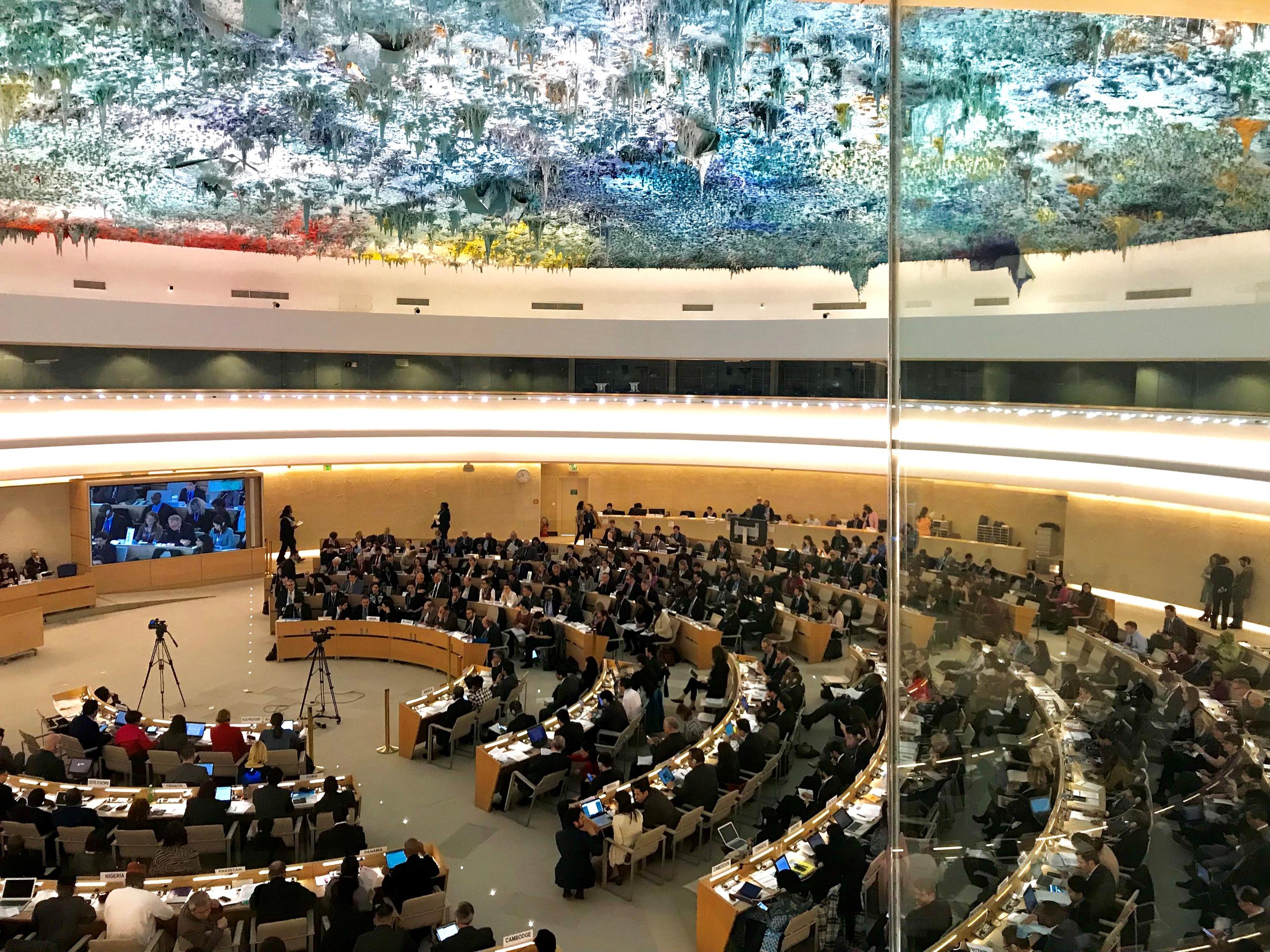
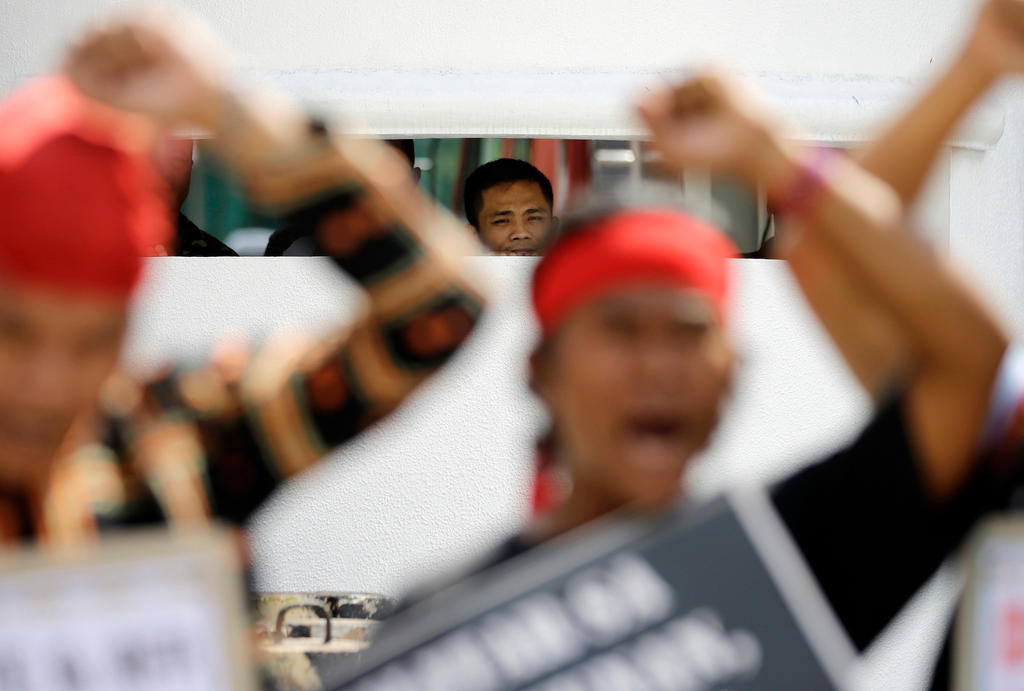
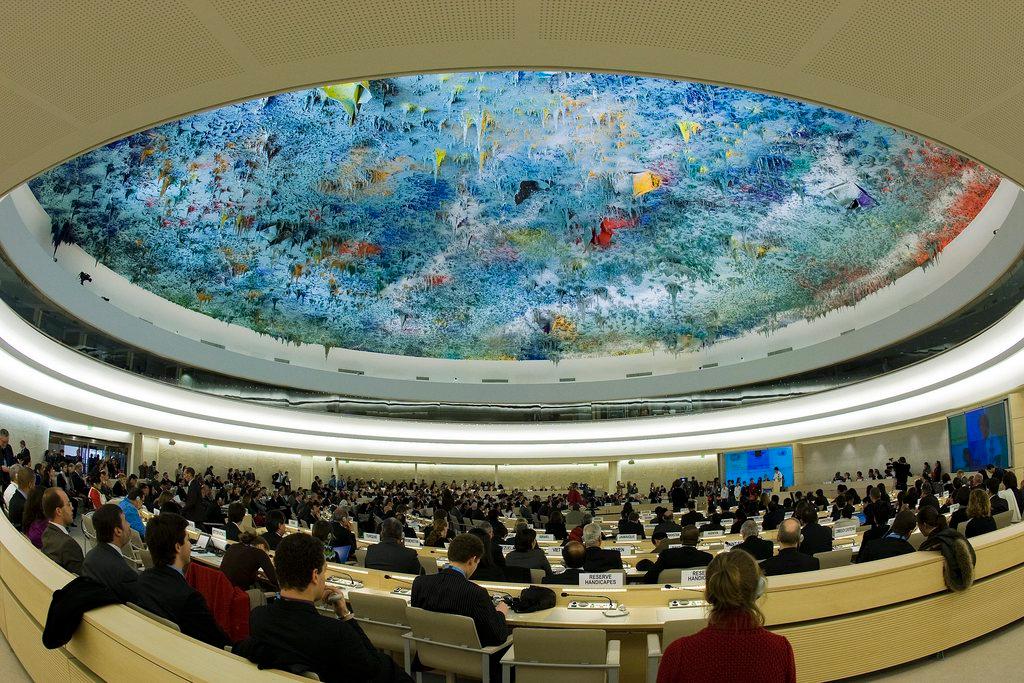
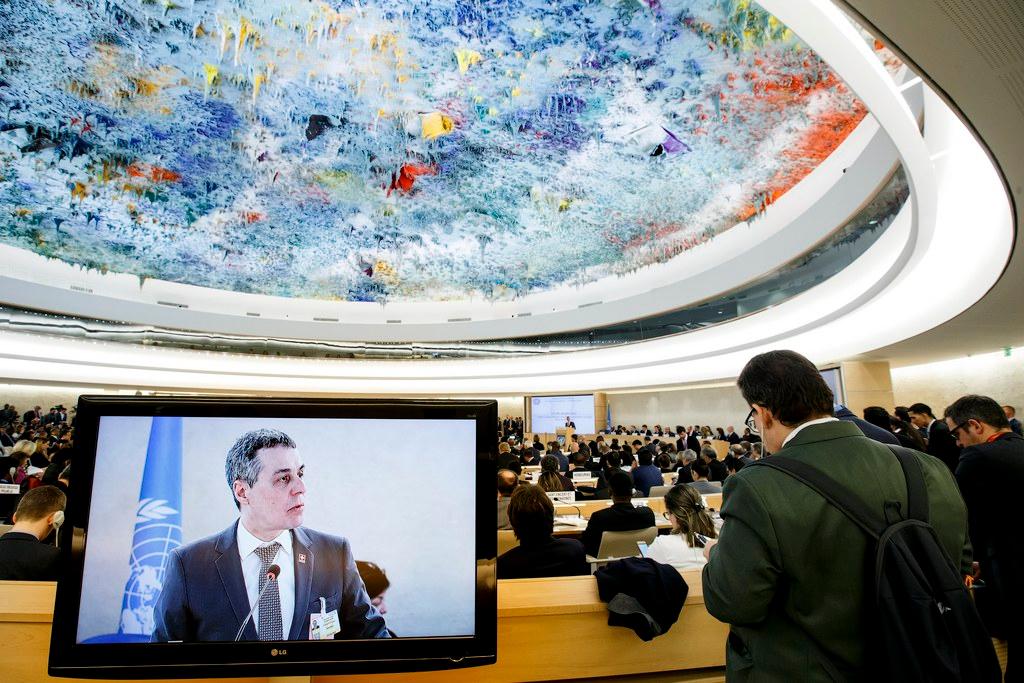
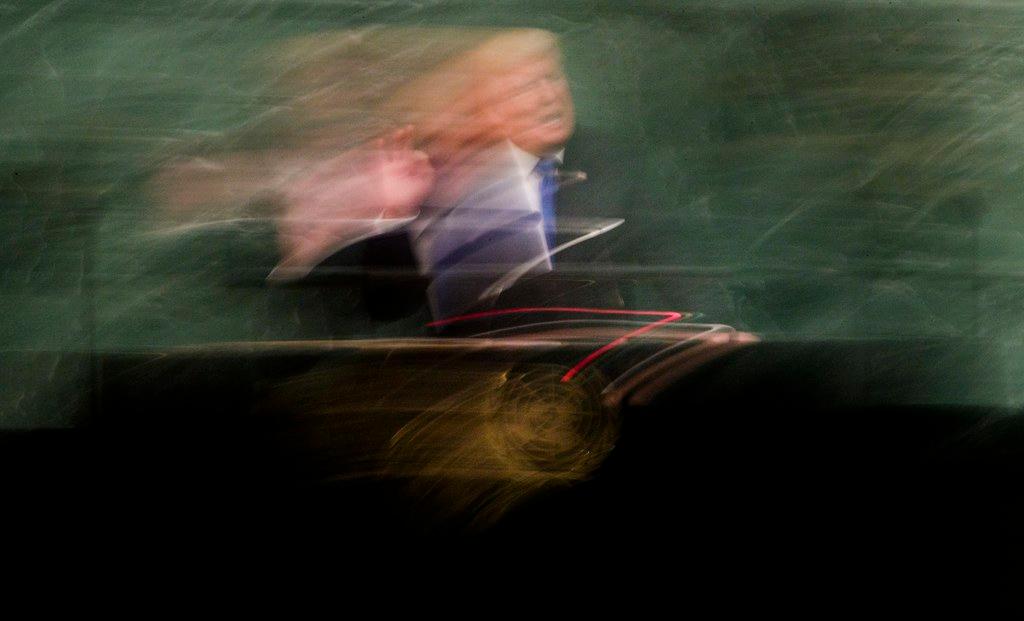

You can find an overview of ongoing debates with our journalists here . Please join us!
If you want to start a conversation about a topic raised in this article or want to report factual errors, email us at english@swissinfo.ch.